Recently, the actor, model, and teen-idol Colton Haynes, most famous for appearing in the hit TV shows “Teen Wolf” and “Arrow,” came-out as “gay.” Born in Kansas in 1988, Haynes and his family relocated to several states throughout his childhood, including Arkansas, New Mexico, Florida and Texas. He described his parents “as free-spirited hippies;” he added: “so I did whatever I wanted to do…” His parents split-up when he was young and he soon moved away from home to live with his sister in Florida; at age 15, he went to New York and entered the unseemly world of male modeling; early assignments included campaigns for Abercrombie & Fitch shot by Bruce Weber; a photographer known for his homoerotic imagery. In 2006, at age 17, Haynes posed for a series of semi-pornographic photographs for the “gay” magazine “XY.” Later, when he rose to fame in Hollywood, Haynes tried to legally block their continued publication.
In 2015, Haynes revealed his near life-long struggle with mental illness: “It’s been a constant struggle for me since fifth grade;” he continued, “It’s a battle…Anxiety had put me in the hospital a countless amount of times. Whether it be fainting, hyperventilating, or seizures…I’ve been through it…Anxiety has caused me to be extremely agoraphobic & livin in constant fear of leavin my house at times.” Haynes’ older brother is also “gay.” Haynes has rarely spoken about his parents; yet, interestingly after appearing as Rob Lowe’s son on the TV series “The Grinder,” about the 51 year old Lowe, he commented on his Facebook page: “the best dad in the world.” Afterwards, several “gay” news sites and bloggers were quick to pick up on the homosexual implications; with one headlining his article: “Rob Lowe Makes Colton Haynes’ Daddy Dreams Come True.”
Several other recently out “gay” celebrities have openly talked about their childhood experiences and the reactions of their parents to them being “gay.” Noah Galvin, star of the TV series “The Real O’Neals” said: “I believe that every mother knows if their child is gay at a young age, despite how much they want to suppress those feelings;” he recalled this reaction from his mother when he told her about his homosexuality: “Finally at some point I had come out to some of my friends and I felt comfortable enough to tell her…As soon as I did, she jumped up and down and said, ‘Thank God I have a best friend forever.’”
Tyler Glenn the lead singer of the group Neon Trees told of his experiences with coming out to both his mother and his father:
“When I decided to come out as gay to my friends and family, my dad was the only person I was scared to tell. With everyone else, I only had the natural anxiety or curiosity of declaring such an important part of who I was. But with my dad, there was so much uncertainty….My mother’s reaction was loving amidst a few questions….He was the only person I cried in front of while coming out.”
Here, it’s interesting that Galvin and Tyler found their mother’s to be affirming, in the case of Galvin – actually celebratory, but, with Tyler, the anticipated conversation with his dad was fraught with much more trepidation and even fear. Another newly out celebrity mirrored the same panic that Tyler spoke about – MTV’s Nathan Henry remembered: “I stupidly thought my dad would kill me, beat me up or disown me.”
This goes to the heart of the “gay” male psyche; famed “gay” novelist Andrew Holleran once observed that: “It may be reductive to observe that in some persistent way gay men seem to be searching for masculinity, or some version of their father in another man.” This often secret longing sets up the cascade effect whereby pre-homosexual boys mutually adore and detest their fathers; in pre-AIDS era boys, this was usually due to paternal abuse and or rejection – oftentimes with the mother taking the role as protector; boys ached for the their fathers to hold them, but also hated the man who tormented and spurned them; Generation X and Millennials, growing up in a society where most children were raised amidst the chaos of divorce and single-parenthood, fathers became a sort of missing link that is again incredibly missed and yearned for – while simultaneously being loathed for abandoning them. As adults, all of these mixed and divergent emotions tend to combine into one pervasive and enduring icon of the father: as a distant and judgmental figure; for this reason, a large majority of “gay” men find it difficult to accept any sort of organized hierarchical forms of Christianity – specifically Catholicism which maintains the priest as father.
In some, this sense of alienation from the father can cause a major psychological break: a study reported that men whose parents divorced before they were 18 are two to three times as likely to seriously consider taking their own lives as men whose parents were not divorced by that age; women whose parents divorced by age 18 were not affected as significantly.* The lead researcher in this investigation stated: “The loss of a male role model for the boys may seriously impact their well-being. Other research has indicated a positive father figure is very important for young men and boys, to develop their gender identity and learn ways to regulate their emotions and enhance their mental health.”
Fathers, even though they may eventually, or even immediately, embrace their son’s homosexuality, instinctively know that something has gone terribly wrong. As Andrew Holleran noted: “Fathers, to some extent, no matter what else they do, are supposed to initiate their sons into the male role, the realm of men, which is to say, the world.” When the father perceives his failure, it’s often crushing for him and his son; consequently, inside – the father feels that he let down his son, while outwardly he may blame the mother: perceiving the boy as the product of her pampering; often, the boy undergoes another rejection; this goes to the core of the “gay” pain expressed in the song “Not My Father’s Son,” from the transgender themed musical “Kinky Boots.” Tyler Glenn, about his coming-out, remembered: “…my father broke down sobbing and began to tell me how sorry he was that he wasn’t the father I needed.”
As most of these men related, mothers tend to be less ambivalent about the homosexuality of their sons; actress Sally Field recently said of her “gay” son: “Growing up, Sam wanted desperately to just be like his older brothers – athletic, rambunctious and even a little bit macho…But Sam was different. And his journey to allow himself to be what nature intended him to be was not an easy one.” This attitude is typical in the mothers of “gay” sons: that they sometimes quickly assess the difference in the child, but later subscribe it to genetics; any other explanations are disregarded; in the case of Field, her son was 6 years old when she and the boy’s father divorced.
For the most part, only fathers can began the psychological process within a boy which may eventually end in homosexuality, but mothers are the ones who confirm it. This usually happens because, when mothers see that the boy is being rejected by his father, feeling estranged from other males, or appearing somehow different, their instinctual response is to shelter and defend – often to the point of smothering. This only further alienates the boy from the male and sets up masculinity as the other; then, the boy will spend the rest of his life trying to seek out the male affirmation he always lacked. Legendary “gay” writer Armistead Maupin, who himself is partnered with a man 27 years his junior, in an interview divulged: “I think I probably felt a very desperate need to prove my manhood to my father.” At the time, Maupin was promoting his roman à clef novel about a disenchanted “gay” radio host who begins an over-the-phone father/son relationship with a supposed 13 year old boy who was sexually abused by his dad. At one point, the book’s protagonist, who is dealing with his own dysfunctional father issues: said that his greatest sorrow is that he’ll: “never be strong enough, never be handsome enough, never be young enough, to really be a man among men.” Tellingly, Maupin’s partner is the founder of the “gay” dating site DaddyHunt: an internet a personals service that pairs men older than 40 with younger men.
*“Suicidal ideation among individuals whose parents have divorced: Findings from a representative Canadian community survey.”
Esme Fuller-Thomson, Angela D. Dalton.
Psychiatry Research, 2011.
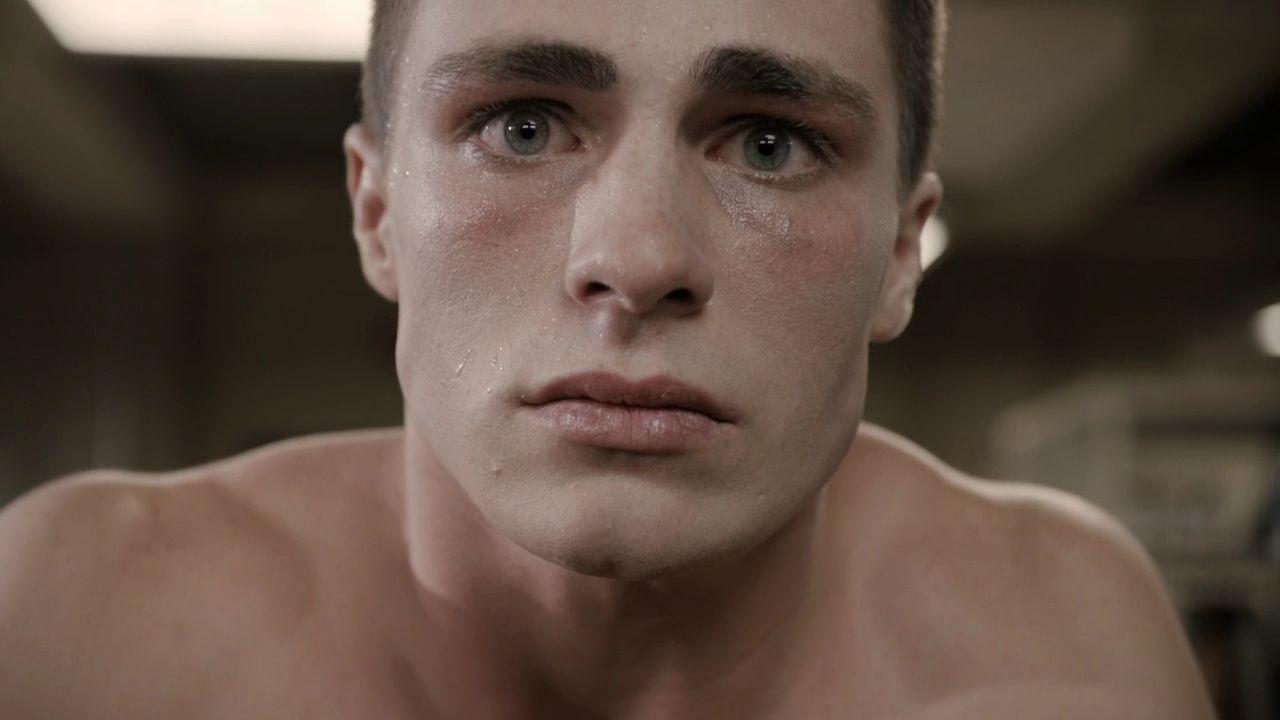
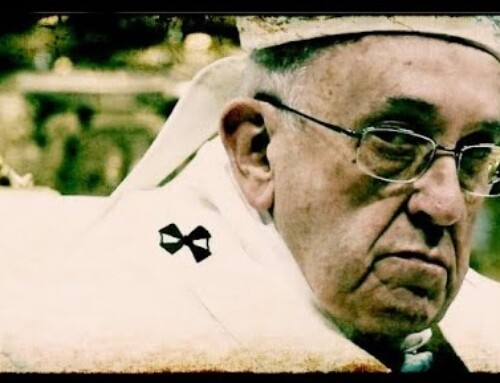
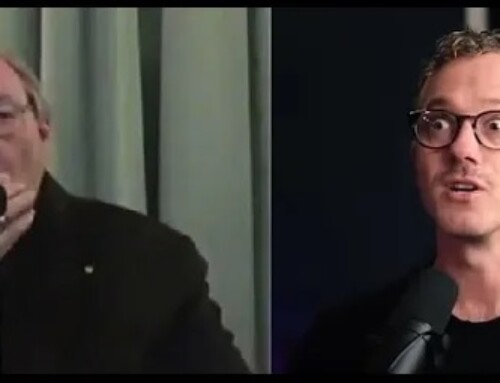
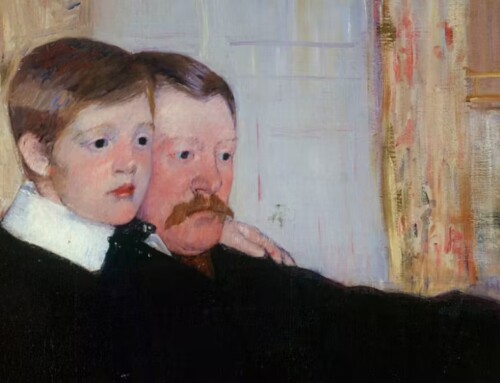
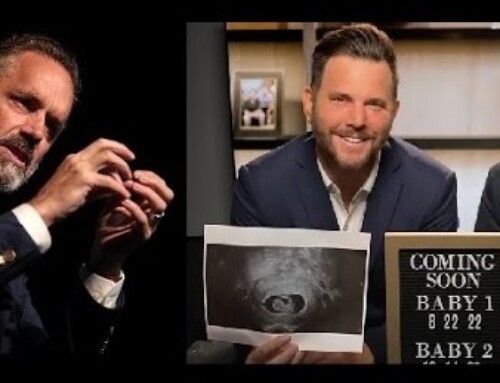
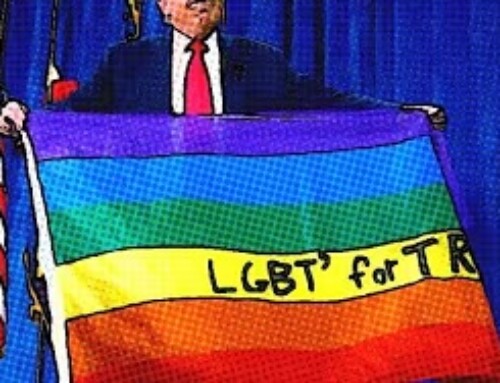
So basically it’s a mental disorder brought on by varying factors. Yeah, the DSM had it right before they went politically correct and inaccurate.
Really sad.
boys ached for the their fathers to hold them… fathers became a sort of missing link that is again incredibly missed and yearned for… (same goes for girls, I reckon)
Let us not overlook the fact that such yearning leaves these children totally vulnerable to being preyed upon, in a critical period when they are truly defenseless but — with the right supports and resources — could still be set upon the right path. MUCH harder now that there is so much mainstream acceptance of this deviancy.
Quoting a study on divorce and applying (with no corroboration of a link) is sloppy, even for a “writer” like you. Hate dressed up as pseudoscience is at it base, still hate. Shame on you.
Follow the footnote:
*“Suicidal ideation among individuals whose parents have divorced: Findings from a representative Canadian community survey.”
Esme Fuller-Thomson, Angela D. Dalton.
Psychiatry Research, 2011.